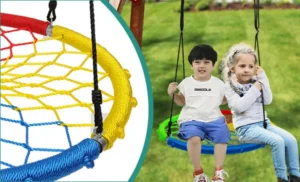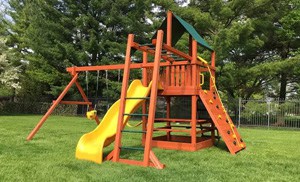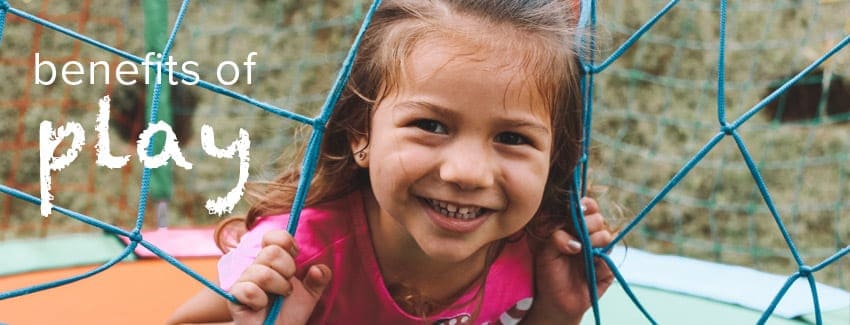It’s no secret that children love playtime, but did you know there’s more to play than meets the eye? While playing is incredibly fun for children, it is also vital to their development. Researchers have studied the many aspects of unstructured play and how it affects children both mentally and physically. Studies have been conducted to see how children learn through play, how outdoor play impacts their health, how it enhances brain structure, and much more.
Benefits of Play
1. Children learn through play. It is essential for learning vital life skills such as cognitive, literacy, problem-solving, collaboration, social, and physical skills. Development of these skills is crucial for success in adulthood. During play, children are able to practice and reinforce the skills they are learning, which is something that simply can’t be done by completing a worksheet.
2. Play encourages a child’s independence. Solo play can be just as valuable as group play. This is because it helps a child prepare for social situations by providing them with a stronger sense of independence.
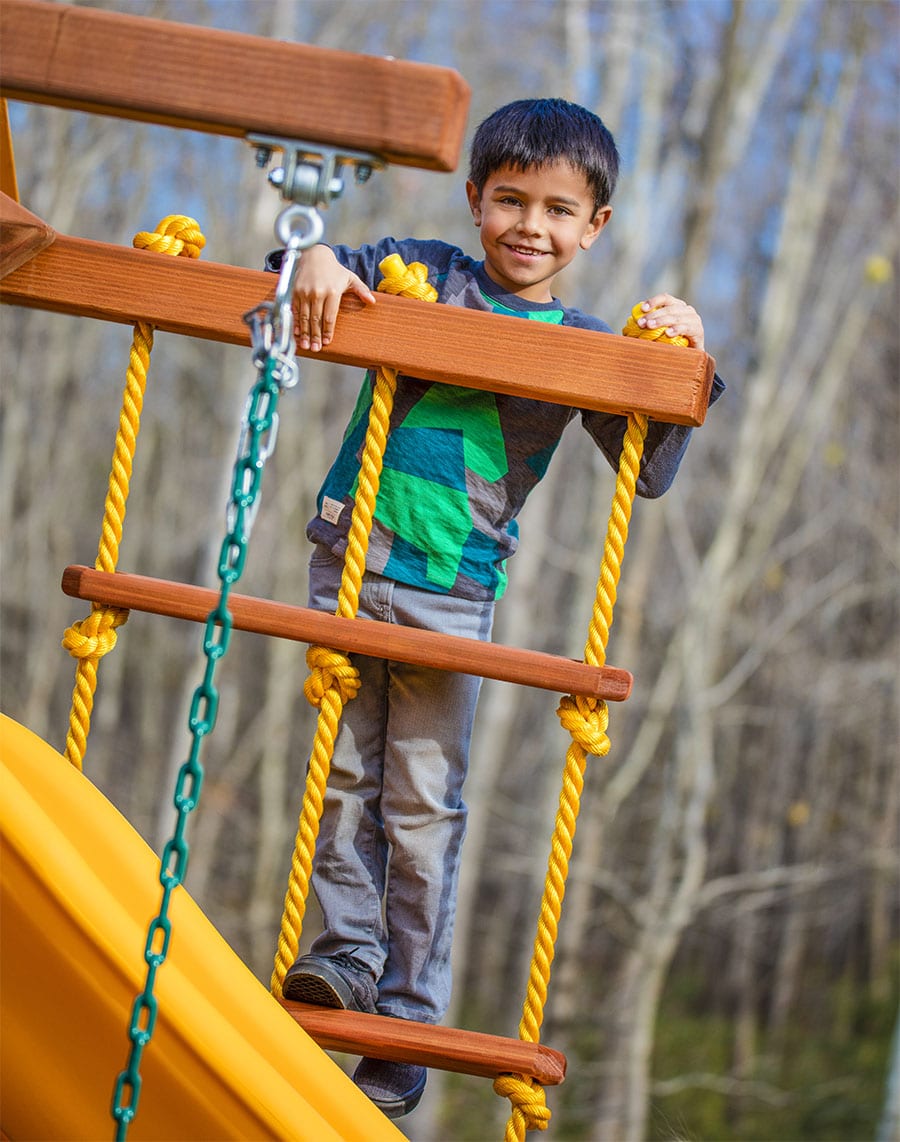
3. Play builds strong bonds between children and parents. The role of play becomes even more important when it pertains to the bond between parents and their child(ren). Parents and children experience mutual joy during play. Play also helps parents more clearly understand their children because they are able to learn their child’s body language through playing.
4. Play builds confidence. Through active play, children are able to try new things, conquer their fears, and build confidence. If a child never takes risks, they won’t learn what they are capable of achieving. Therefore, they may not build the necessary confidence or bravery to face life’s inevitable risks. Also, studies have shown that children who participate in active play show a great sense of accomplishment and higher self-esteem.
5. Imaginative play enhances a child’s creativity. In fact, a study showed that children who participated in active play for 1 hour per day increased their ability to think creatively as well as multitask. Imaginative play is also important because it encourages self-regulation, which refers to the ability to manage emotions and behaviors appropriately. This is because a child must collaborate on the imaginary environment and agree about pretending and conforming to roles. In return greatly, this greatly improves the child’s ability to reason about hypothetical events.
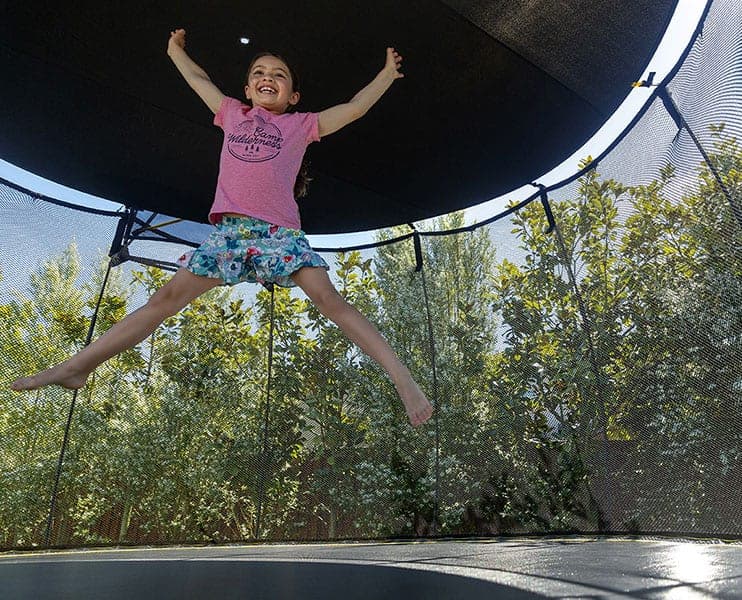
6. Active play also has numerous health benefits and it encourages the idea that exercise can be fun! It not only promotes a healthy weight and cardiovascular fitness but can also enhance the efficacy of the immune, endocrine, and cardiovascular systems. Play also increases a child’s range of motion, agility, coordination, balance, and flexibility.
7. Rough-and-tumble play teaches children how to play fairly and cooperate with others. Research has shown that roughhousing is necessary for the development of social awareness, fairness, cooperation, and altruism. This type of play also teaches a child how to win AND lose graciously.
Recreation Unlimited loves helping children discover the world of play right in their own backyard. With a huge selection of playsets, trampolines, basketball goals, and more, we have the tools to bring their imagination to life! Call us at (317) 773-3545 or visit our Noblesville showroom to learn more.
References:
This article was written with help from The Power of Play: A Pediatric Role in Enhancing Development in Young Children by American Academy of Pediatrics. September 2018.


